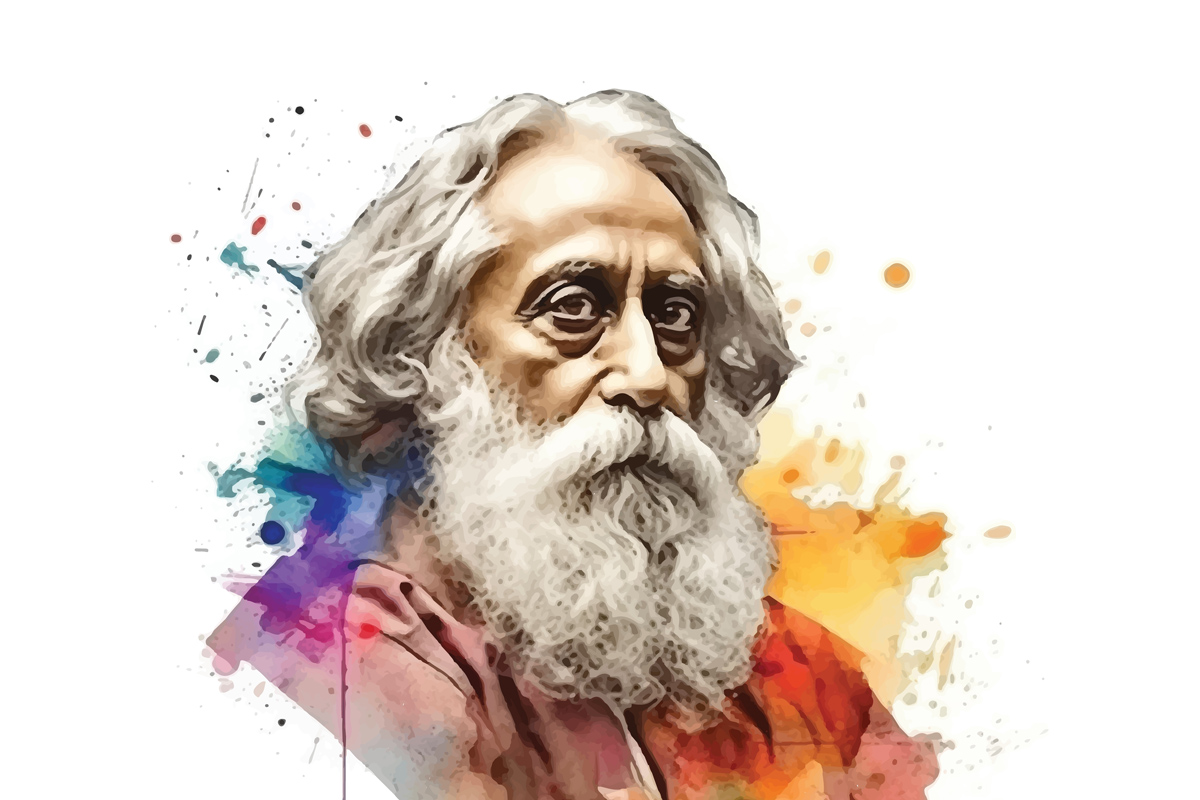Rabindranath Tagore – The Bard of Bengal
October 29by Srishti Negi
“In our desire for eternal life, we pray for an eternity of our habit and comfort, forgetting that immortality is in repeatedly transcending the definite forms of life in order to pursue the infinite truth of life.”
Rabindranath Tagore
And hence, Rabindranath Tagore, analogously, managed to capture the human life – its hues and taints, its fallibilities and perfections.
Not only was he a poet extraordinaire but was also proficient at writing prose, essays and plays. He was a brilliant lyricist famed for having written the national anthems of India and Bangladesh as well as establishing his own discipline of Indian Music (Rabindra Sangeet), an adroit artist, a philosopher and a visionary of his own right. Needless to say, no one has excelled in and influenced as many fields as Tagore.
He had this remarkable gift of prose – his musings, observations and insights accompanied his literal prowess. No-one has ever captured the beauty of Taj Mahal as well as Tagore when he described it as “a teardrop on the cheek of time”. The expression, though simple, accurately captures the anguish of the Emperor Shah Jahan for his love which stood the test of time. The phrases authored by him are reminiscent of the saccharine nectar, which we ordinary human beings, like bees, collect, not only because we are attracted by their sweetness but also by the fact that we need them to survive.
Perhaps it was William Butler Yeats who best described Tagore’s work as “These lyrics- which are in the original, my Indians tell me, full of subtlety of rhythm, of untranslatable delicacies of color, of metrical invention- display in their thought a world I have dreamed of all my life long.”
But what’s baffling to me is the fact that Tagore’s work in the field of philosophy and nationalism is often overlooked. He was a ‘citoyen du monde’, a cosmopolite at the time when the ideas of globalization and universal cooperation were not widespread.
He travelled extensively around the world, to the East and to the West trying to seek global cooperation with the belief that India needed to transcend the boundaries to communicate with the world and that it needed to correspond with the different cultures in order to forge ahead.
Tagore was against the xenophobia that was amalgamating with the narrow nationalist sentiments that Mahatma Gandhi so staunchly supported. And thus, in the course of two decades, Tagore not only became Gandhi’s friend but also one of his sharpest critics.
Rabindranath Tagore’s legacy in the modern world is like a canopy of stars nearly obscured by the nebulous skies of ignorance and apathy but visible to the most ardent of stargazers.






